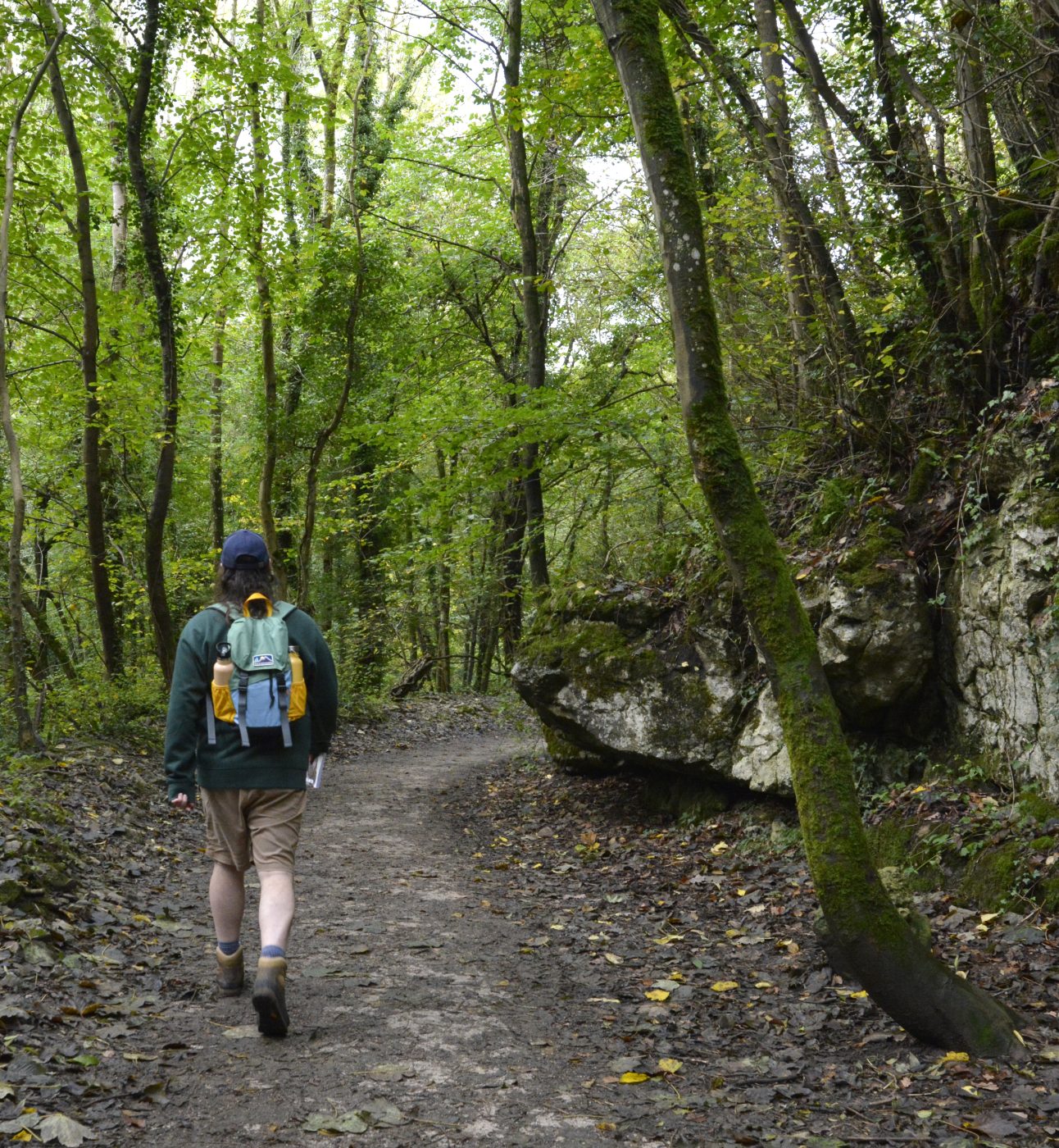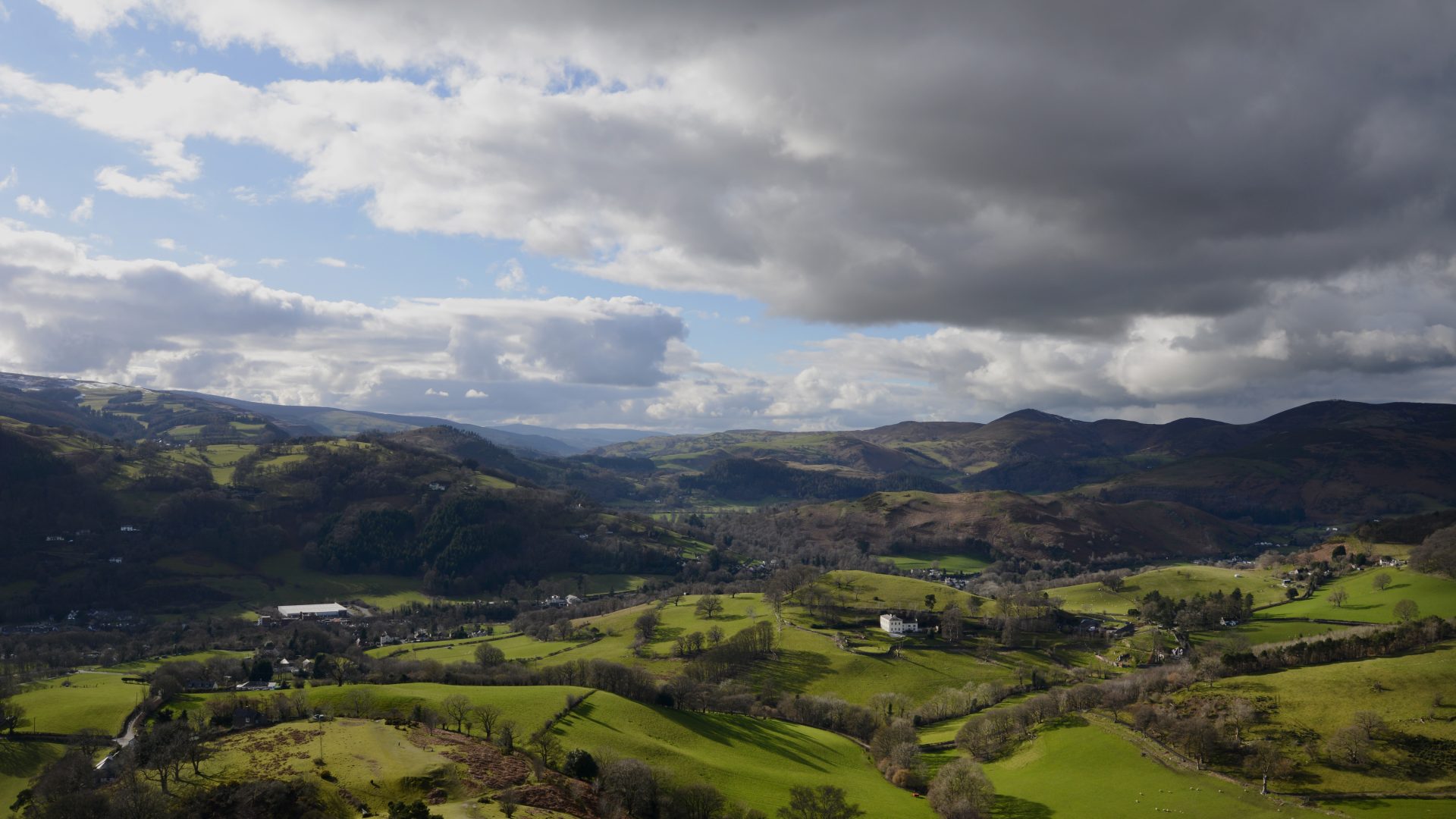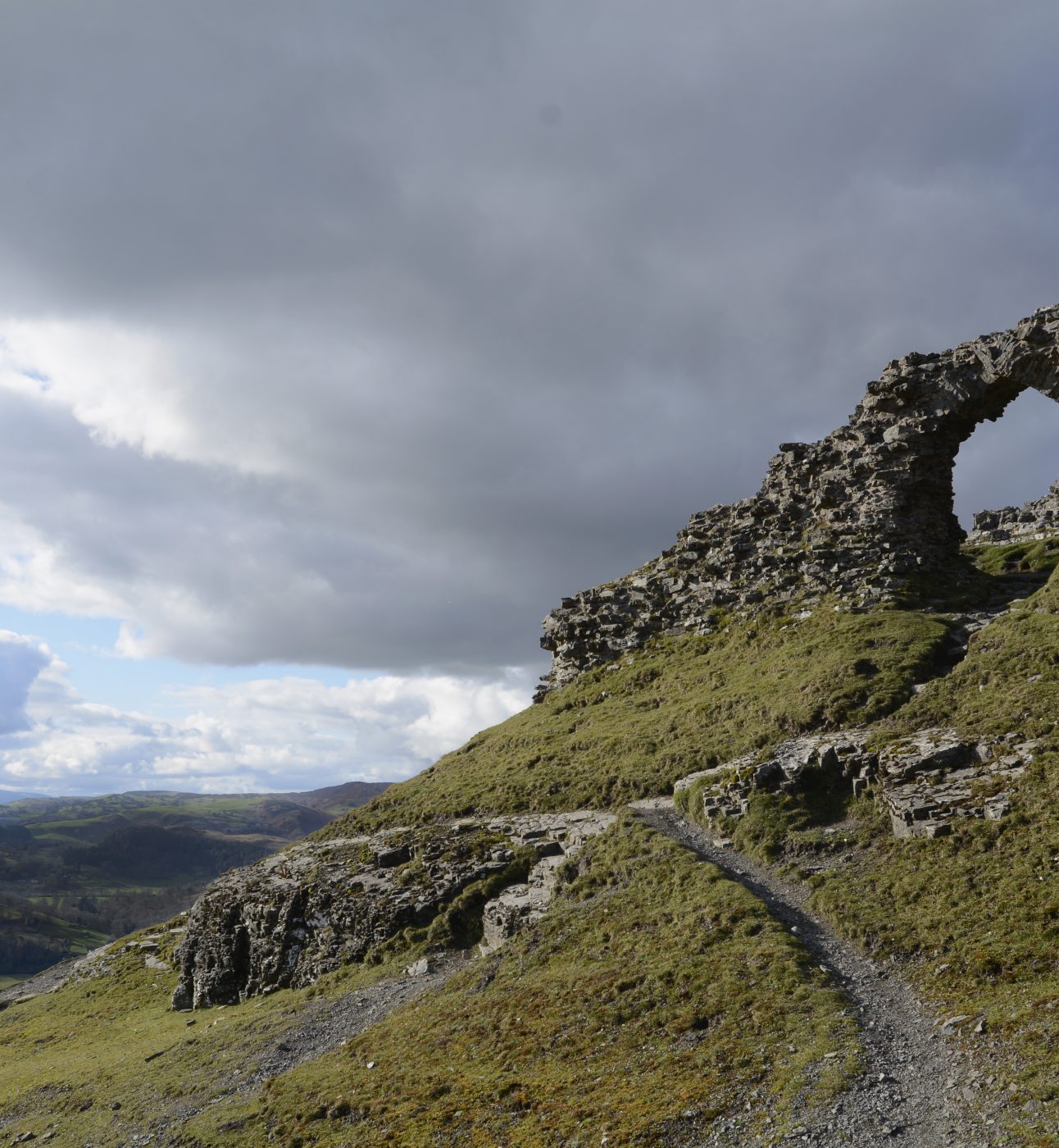
Next steps for new National Park
The consultation on the new National Park has closed. We’ve submitted our response, what’s next for the new Park?

The first of two National Park purposes is to “conserve and enhance the natural beauty, wildlife and cultural heritage” of the area.
To achieve this purpose each National Parks has an authoritiy (NPAs) which are legal bodies charged with conserving and protecting their specific Park. They work in partnership with stakeholders and deliver programs such as species reintroduction, tree planting strategies, education and community engagement and so much more.
Cultural heritage preservation programs and nature conservation projects in National Parks are also a great way to protect historic sites, promote cultural awareness and restore certain habitats.
National Parks are not just beautiful spaces but they also make an essential contribution to our national natural assets and help us to meet environmental targets. For example, peat and woodland store carbon helping the UK to meet carbon reduction targets, moorland peat helps to clean our water and they protect habitats for species to thrive.
National Park designation also means that public bodies such as water companies and Forestry England legally must take account of the impacts their work will have on the Parks in all their decision-making, meaning they should be doing more to conserve and protect these areas. Additional planning protections in National Parks also place more restrictions on inappropriate development and activities that could harm these incredible natural landscapes.
National Parks make a vital contribution to local economies through visitor spending and employment opportunities generated through tourism. The Valuing England’s National Parks report in 2013 highlighted how English National Parks alone contribute between £4.1 and £6.3bn to the UK economy.
Outdoor activities such as hiking, cycling and wildlife watching also promote visitor spending and National Parks are often attractive places to host events.
Beyond tourism, sustainable farming and resource management means that National Park status being applied to local produce and products benefits the local economy. Conservation projects and subsidies also bring benefits to local jobs in farming, conservation, research and land management.
The second purpose of National Parks is to “promote opportunities for the understanding and enjoyment of the special qualities of the National Park by the public.”
Working with local communities and businesses, NPAs can help promote quiet enjoyment and tranquility by engaging volunteers and staff in conservation and visitor management activities which help maintain peaceful environments.
The special qualities of a National Park are diverse and unique to each Park. Many people find different ways to enjoy them, and the wilder remote areas of a National Park provide space for contemplation and reflection as well as inspiration and education. Outdoor education and health and wellbeing opportunities are a core part of what National Parks can offer.
Through education, infrastructure, regulation and partnerships, National Parks can positively influence the ways in which people access and enjoy the countryside.
Visitor centres provide information about nature, cultural heritage and responsible behaviour in the Parks, with National Park Authority staff available to advise and educate. With investments in clear signage and ‘access for all’ programs, more diverse people with different needs can access the Parks without barriers.
Volunteer programmes bring people together to actively maintain the Parks alongside rangers who provide support for groups or individuals and improve the way in which the public responsibly access and appreciate nature and rural areas.

Castell Dinas Bran
The wheels have been set in motion to create a new National Park in the north east of Wales based on the existing Clwydian Range and Dee Valley National Landscape.
This would be a fourth National Park for Wales, and the first new National Park to be established in Wales since 1957.
This new National Park can build on the existing model of National Parks, whilst recognising the challenges of today and the opportunities to do some things differently that sets the standard for future designations. Delivering this ambition will only be possible if the right supporting framework is in place which we believe should include:
Join our email list today to stay up to date with the progress of the new National Park in Wales.
You'll also be the first to hear about news from around the Parks and how to join our campaigns.

The consultation on the new National Park has closed. We’ve submitted our response, what’s next for the new Park?

A joint statement has been released ahead of an expected public consultation on plans for a new National Park in North East Wales this autumn.